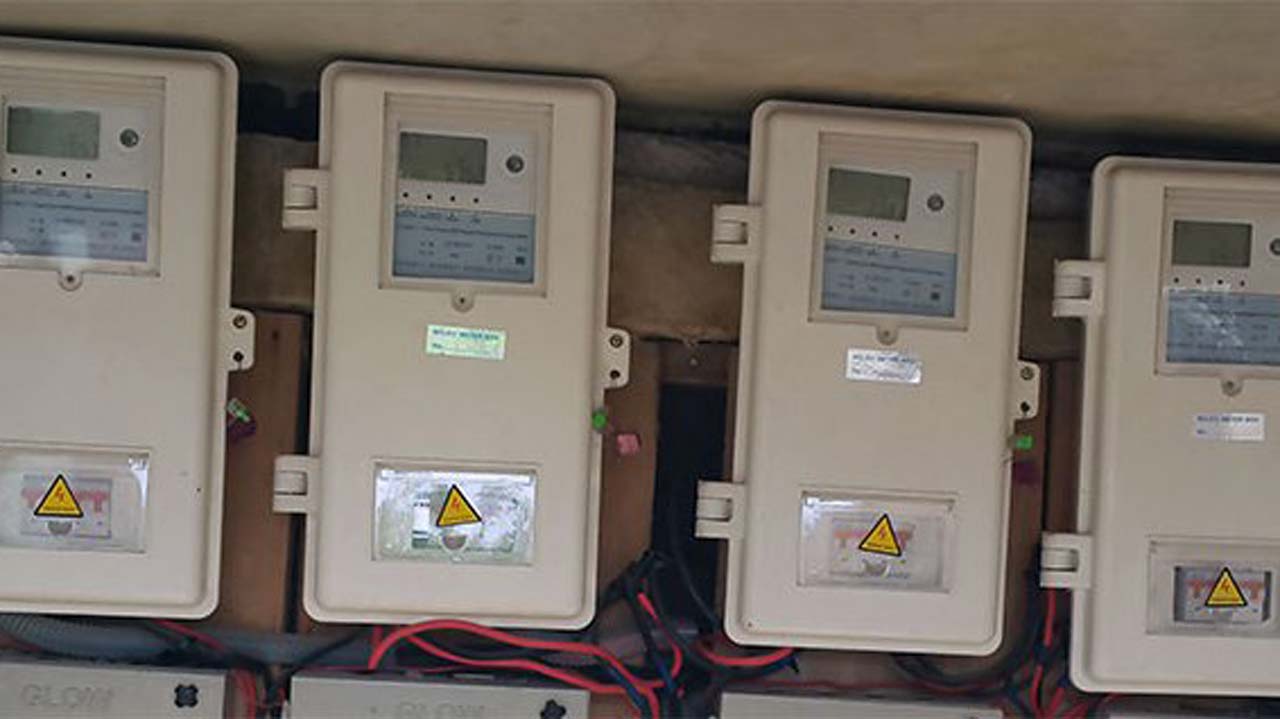More voices have continued to query the silence of the federal government in taking a critical look at the privatization of power sector considering the back-and-forth of power supply and lately the reasons behind the floating of N309bn bond for the investors.
Latest call came from the Speaker of the Federal House of Representatives, Barr Yakubu Dogara who spoke during a recent public hearing on the need to halt plans to raise a Federal Government- Secured Bond of N309 billion to finance the shortfall in the Nigerian Electricity Market (NEM).
The lawmaker said it was necessary to take a holistic look at the ongoing privatisation policy of the government.
Before now, many experts in the nation’s power sector had expressed worry on why the epileptic power supply had persisted upon the claims by government that privatization will cause investors to sunk in fund towards the stability of supplies, but this has not happened.
According to experts, none of the concessionaires in the power sector may had invested tangible funds into their schemes since takeover, an act that is enough to cancel the entire privatization.
Experts before the recent position of the House leadership had argued that the plans by the government to raise the bond for NEM runs contrary to the agreement signed by the Discos and Gencos on winning the bids.
It would be recalled that during the public hearing, Dogara said, “For the benefit of the average Nigerian, a market shortfall is defined as the invoiced amount of electricity transmitted to the distribution companies (DisCos) in any given month less the amount remitted by the DisCos to pay the market participants for electricity supplied.”
Represented by the House Minority Whip, Hon. Yakubu Barde, he noted that the whole essence of Federal Government embarking on the privatisation of the defunct Power Holding Company of Nigeria (PHCN) and the electric power sector reform programme was to bring about efficiency to the Nigerian Electricity Supply Industry (NESI).
“Unfortunately, since the unbundling of PHCN and transfer of the businesses to the privately-operated Successor Companies on November 1, 2013, we have not had a good report from the Electricity Market.
The Speaker maintained that the statistics show an abysmal situation of things and if this trend continues, there may, need to embark on a fundamental re-thinking of the privatisation process in Nigeria.
“Duration of uninterrupted supply is average six to eight hours per day. Metering of customers is dismal. Crazy estimated bills are used to exploit consumers. Generation capacity has not improved; yet, tariffs were increased in February 2016.
He argued that in spite of all these, there were reports that the cumulative market shortfall had risen to over N700 billion as of date.”This trend escalates at the rate of about N25.6 billion monthly from Nigerian Bulk Electricity Trading Company Plc (NBET) August 2016 Electricity Market Payment Report.
Dogara said “Our concerns in the House of Representatives are, which should come first, stopping the bleeding of the market revenue by putting controls in place or raising a Bond to cover the incessant shortfall?
“Why is this Bond secured by the Federal Government in a privatised market operated by private entities?”What is the performance of the N213 billion Stabilisation Facility availed the operators by the Central Bank of Nigeria in March 2015?
“What is the role of the Nigerian Electricity Regulatory Commission (NERC) in this process? Who will bear the cost of the facility, consumers or the operators? How would this impact the electricity tariff.
“My expectation is that all these issues would be brought to the fore at this Investigative Hearing and Nigerians will be well enlightened on what is going on in our Electricity Market,” he said.
In his remarks, Minister of Power, Works and Housing, Babatunde Fashola, said the quest to resolve the payment gap in the NESI that threatened the long term sustainment and development of the NESI led to the work NBET had done before the House halted it.
Represented by Louis Edozien, Permanent Secretary, the minister said that the bond combined with promissory note would greatly help the sector to provide funding, thus resolving significant proportion of the current liquidity challenge in the sector.









